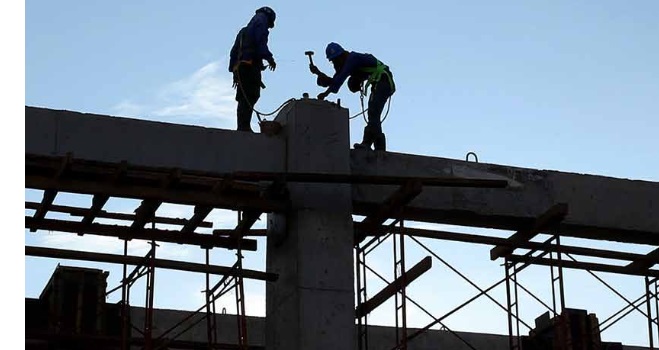Infrastructure Update Indonesia: 14 National Strategic Projects Removed
The Committee for the Acceleration of Priority Infrastructure Delivery (in Indonesian: Komisi Penyediaan Percepatan Infrastruktur Prioritas, or KPPIP), said 14 projects have been removed from the national strategic projects list. KPPIP Program Director Rainier Haryanto said an evaluation showed that these 14 projects failed to meet specific criteria and can therefore not be started - or reach financial close - before the fourth quarter of 2019.
The national strategic projects are regarded the most important infrastructure projects within the Indonesian government's ambitious infrastructure development program. Through Presidential Instruction No. 1/2016 on the Acceleration of the Implementation of National Strategic Projects, signed on 8 January 2016 by Indonesian President Joko Widodo, all relevant ministries and institutions are tasked to support the acceleration of Indonesia's national strategic projects.
There were 245 projects on the list (including toll roads, railroads, airports, harbors, refineries, gas distribution, and irrigation). However, earlier this week the Indonesian government announced 14 projects have been removed, including the Jambi-Palembang railway, a railway in East Kalimantan, a drinking water facility in North Sumatra, and the Special Economic Zone of Merauke.
However, Indonesian Coordinating Minister for Economic Affairs Darmin Nasution said these 14 project may very well be included again in the list of national strategic projects if the next evaluation shows positive signs (in terms of construction and/or finance).

The most notorious problems related to infrastructure development in Indonesia are (1) lack of funds and (2) land acquisition. Earlier, KPPIP estimated that for the construction of all 245 projects (and two programs), a total of IDR 4,197 trillion (approx. USD $305 billion) is needed. However, the central government's state budget can only bring in IDR 525 trillion, while state-owned enterprises are estimated to cover IDR 1,258 trillion. This implies that another IDR 2,414 trillion (approx. USD $175 billion) should originate from the private sector. Problematically, however, it is difficult to find private investors who are interested to invest in capital-intensive projects that take many years before profit can be enjoyed.
President Widodo emphasized that the national strategic projects cannot be financed through the state budget alone and therefore urges private investors in the regions to join. Hence, he recommends that alternative and creative financing models need to be applied that will make the private sector more interested to invest in these projects.
Bahas
Silakan login atau berlangganan untuk mengomentari kolom ini
